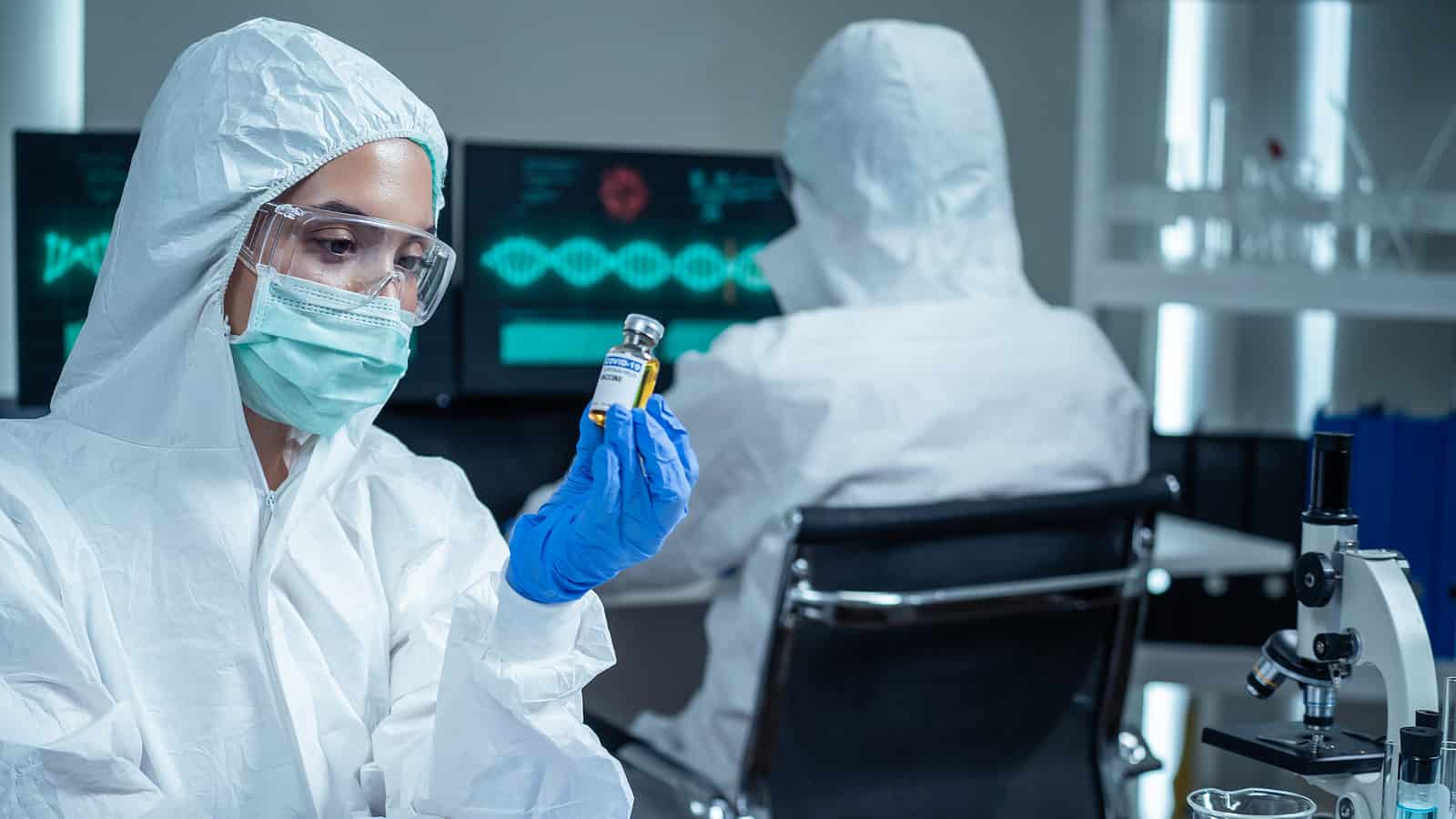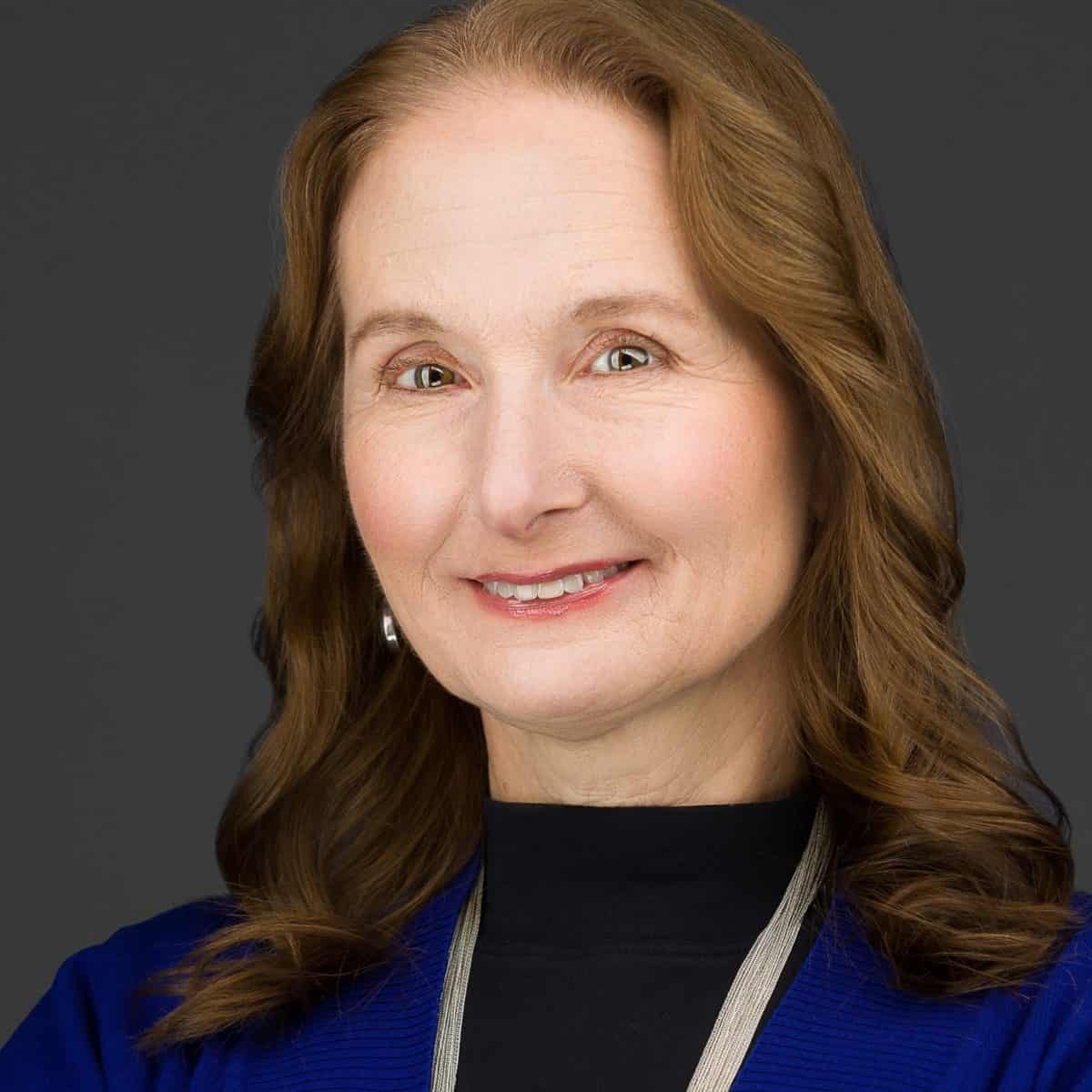
MassBioEd’s Life Sciences Apprenticeship Program was created to solve three vexing problems. First, the life sciences industry in Massachusetts is in need of a fresh source of talent. Finding and retaining qualified people across this industry is a serious challenge, one that is projected to get worse over the foreseeable future. The second is finding actionable ways to diversify our workforce. Traditional methods of recruitment have not really moved the needle on important metrics of diversity, despite the good intentions of stakeholders. Third, many Massachusetts residents are eager to find an entry point into this industry. They long for meaningful work, with family sustaining wages and an expectation of job security. Yet there has been a huge disconnect between the availability of jobs in the life sciences and the ability of many people to gain access to them.
MassBioEd launched the Life Science Apprenticeship Program in 2021, with one cohort for Biomanufacturing Technician Apprentices and another for Clinical Trial Associates. Both have been approved by the Commonwealth of Massachusetts as Registered Apprenticeships. Fifteen companies partnered with us to bring this novel talent development program to fruition. Following weeks of rigorous recruitment and selection, 19 individuals were accepted into our Biomanufacturing Technician Apprenticeship Program. They started classes at Northeastern University’s College of Professional Studies in June 2021. They received hands-on, practical training at Northeastern’s Biopharmaceutical Analysis & Training Lab and transitioned to their full-time jobs in September. Eleven individuals were accepted into our Clinical Trial Associate Apprenticeship Program. They began their studies with the Association of Clinical Research Professionals (ACRP) in September 2021, and transitioned to their full-time jobs in December.
The backgrounds of our apprentices define diversity. Out of these 30 individuals, their ages range from 19 – 63, with an average of 33 years of age. Two-thirds are women, and 60% identify as People of Color. 26% are immigrants. Collectively they bring decades of experience – and many transferable skills – from different industries and positions. As individuals, they represent an incredibly diverse range of cultures and backgrounds. Several have had careers in retail sales. One was a math teacher. Some have worked in direct patient care. One was an architect. One was a chemist. Several are single moms. Through this program, many of our apprentices are finally achieving a lifelong dream of entering a scientific profession – a dream that had been thwarted over the years because of personal or financial circumstances.
But most importantly, all of them are people who, until now, did not have an open door into the life sciences industry. None were visible to hiring managers and talent acquisition specialists. They were simply blocked out of this talent pipeline – the pipeline that we all know must be filled in order to sustain our industry’s growth. The MassBioEd Life Sciences Apprenticeship Program is adding to the pipeline of qualified individuals who are entering the industry.
This program is defined by employer need and engagement. A key feature is that employer partners commit to hiring a number of apprentices, then conduct interviews on a set of “semi-finalist” candidates that have already been assessed, vetted, and interviewed by program staff. The employers have the final say on who gets admitted into the program.
During the front-loaded, educational phase, individuals from our employer-partners are encouraged to participate in classes, by offering their expertise in specific technical skills or by sharing interpersonal issues often seen in their line of work. These interactions offer the employers a chance to get to know the apprentices while providing the apprentices with an invaluable touchstone of real-world experience that most traditional students can only dream of.
The results of our two inaugural cohorts have been spectacular. All 30 apprentices completed their education, and 29 transitioned to their pre-determined jobs. The average apprentice increased their income by 33%, when pre-program earnings are compared to their first months’ wages in their apprenticeship. Feedback from both employers and apprentices has been excellent, but through monthly check-ins with both groups we continually learn about areas to improve for future cohorts.
Excitement about this model is growing!
- In October 2021, the Life Sciences Apprenticeship Program was featured in the news magazine of the Journal of the American Society for Biochemistry & Molecular Biology.
- In November 2021 Governor Baker chose our Life Sciences Apprenticeship Program to highlight National Apprenticeship Week.
- In January 2022 we were featured in Chemical & Engineering News, the weekly news magazine of the American Chemical Society.
- In March 2022 the Boston Business Journal published a feature article on life sciences workforce development models, in which we were prominently featured.
The Life Sciences Apprenticeship Program is growing! In 2022 we plan to triple the number of Biomanufacturing Technician Apprentices. We have two cohorts centered in Greater Boston, with education again at Northeastern, and a third cohort dedicated to Central Massachusetts, with Worcester Polytechnic Institute and their Biomanufacturing Education & Training Center as the educational provider. This will bring local residents to jobs in Worcester, Devens, Milford, and Plainville. Our second Clinical Trial Associate Apprenticeship Program will launch late this year again in partnership with the ACRP as a training provider, and we will debut a third career pathway in Fall 2022.
About

Karla Talanian
Senior Director of the Life Sciences Apprenticeship Program
Karla joined the MassBioEd team in 2018 as the Manager of Labor Market Research, and later became the Director of Talent & Workforce Development. In 2021 she launched two registered apprenticeship programs which created pathways for new talent to enter the fields of biomanufacturing and clinical trial administration. Now, as the Senior Director of the Life Sciences Apprenticeship Program, she is responsible for the growth and expansion of this apprenticeship model into new career pathways and to a wider geographic area. Prior to joining MassBioEd, Karla worked both in the biotechnology industry and in academia. Karla holds a Bachelor’s Degree in Chemistry from Smith College, and earned both a Master’s Degree in Biotechnology and an MBA from Worcester Polytechnic Institute.